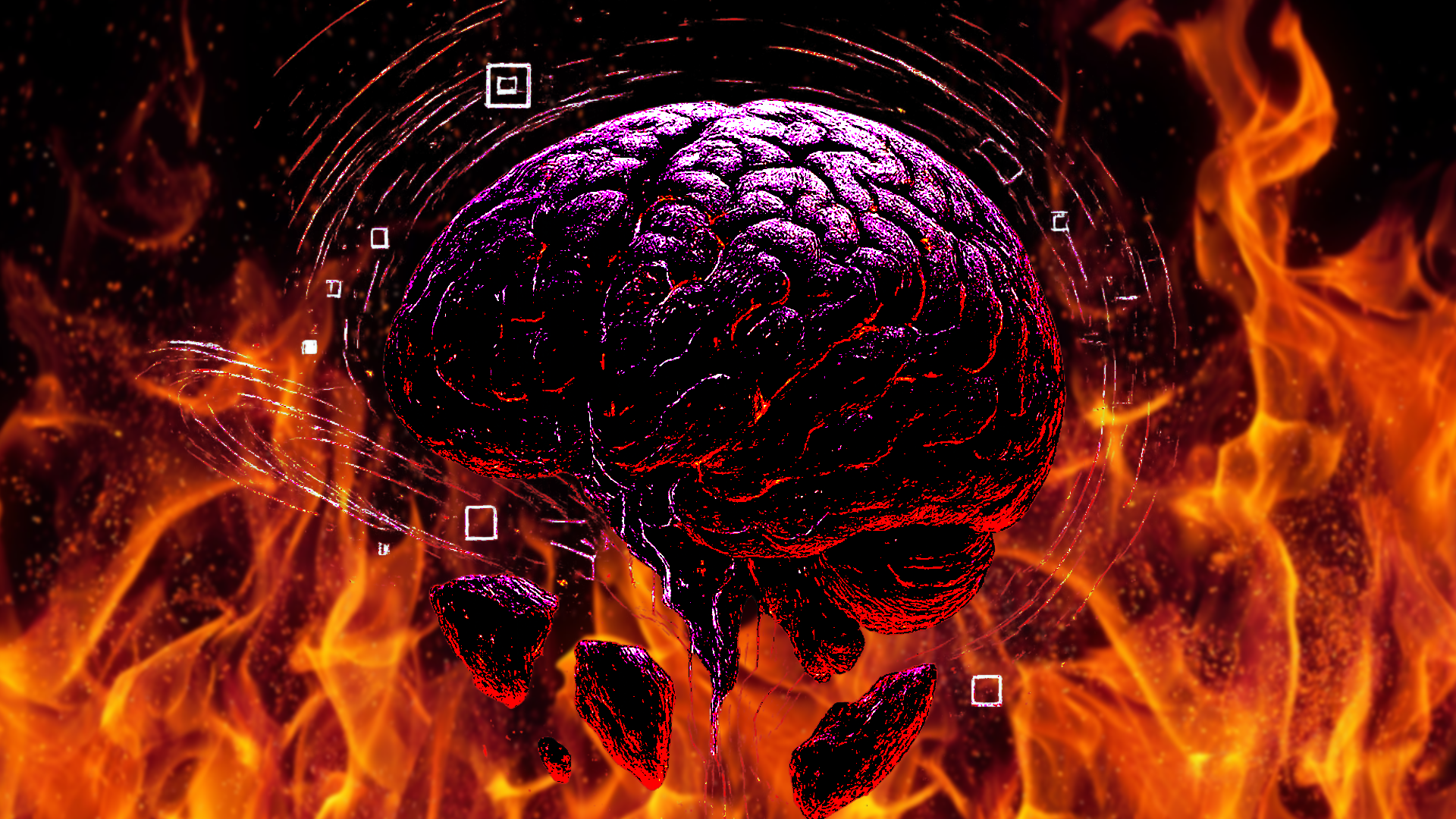The Rise of Intrusive Thoughts and Mental Imagery Pollution Read: The Poisonous Outcome of Short-Form Content – Part 1: A Hijacked Reward System The Poisonous Outcome of Short-Form Content – Part 2: A Hijacking in Real Time The Poisonous Outcome of Short-Form Content – Part 3: Intrusive Thoughts and Mental […]Read more »
Robert Wimer
The Real-Life Fallout: How It Shows Up in Your Day-to-Day Read: The Poisonous Outcome of Short-Form Content – Part 1: A Hijacked Reward System The Poisonous Outcome of Short-Form Content – Part 2: A Hijacking in Real Time The Poisonous Outcome of Short-Form Content – Part 3: Intrusive Thoughts and […]Read more »
Ideological Echo Chambers and Identity Hijack Read: The Poisonous Outcome of Short-Form Content – Part 1: A Hijacked Reward System The Poisonous Outcome of Short-Form Content – Part 2: A Hijacking in Real Time The Poisonous Outcome of Short-Form Content – Part 3: Intrusive Thoughts and Mental Imagery Pollution The […]Read more »
Reclaiming Your Mind—How to Detox, Rewire, and Return to Clarity Read: The Poisonous Outcome of Short-Form Content – Part 1: A Hijacked Reward System The Poisonous Outcome of Short-Form Content – Part 2: A Hijacking in Real Time The Poisonous Outcome of Short-Form Content – Part 3: Intrusive Thoughts and […]Read more »

